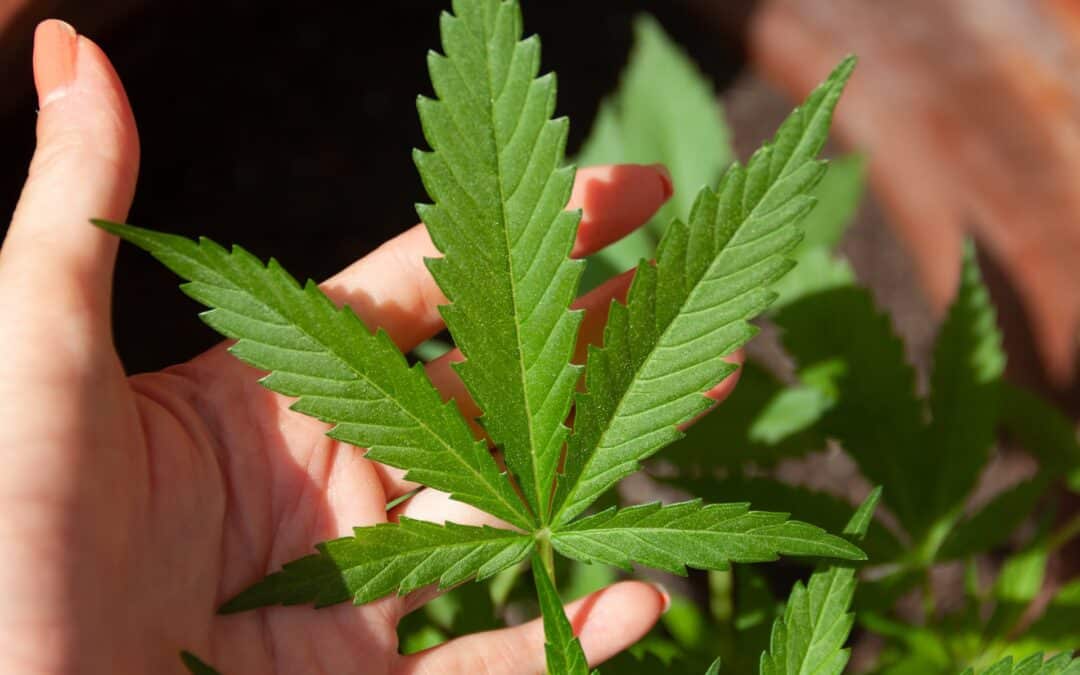The legalization of marijuana in the U.S. has created something of a nationwide crazy quilt. Cannabis is still considered illegal under federal law, but in 21 states plus the District of Columbia and Guam both medicinal and recreational marijuana retailing is legal. In another 16 states, only medicinal marijuana is legal.
The clash between federal and state laws has created an interesting challenge for real estate professionals. For cannabis-focused businesses, obtaining property can be an obstacle course with problems ranging from NIMBY attitudes in communities to the refusal of financial institutions to provide products and services.
The National Association of Realtors (NAR) highlighted this evolving environment in its newly published report “2023 Marijuana and Real Estate: A Budding Issue.” This report polled nearly 3,300 NAR members and then number-crunched their responses into three categories: those in states that have legalized medical marijuana only, and those in states that have legalized marijuana for medical and recreational use either before and after 2018.
“The legalization of marijuana continues to impact the real estate industry,” said the report’s introduction. “If marijuana is legal within a state, the product is grown, harvested, stored, sold, and consumed within state lines. As such, commercial practitioners are finding increased demand for warehouses, land, and store fronts for marijuana. Residential practitioners are navigating an environment of marijuana being used and/or grown within rental properties, homeowner associations creating rules about consumption and growth, and title questions selling a home where the product has been grown and consumed.”
On the residential real estate side, NAR’s respondents in states where recreational marijuana is legal noted that homeowner associations often had rules and restrictions against smoking and growing in common areas and growing in exposed areas. When tasked with selling a property that served as a cannabis grow house, 15% of realtors in states that legalized recreational more than five years ago said they had sold a grow house – but of that share, 25% in the states where only medical marijuana is legal admitted having a difficult time selling a grow house.
Half of the realtors in states where medical marijuana is legal and roughly two-fifths of members in states where both medical and recreational marijuana are legal had no issues leasing a property after the use of marijuana at the site, and the overwhelming majority of realtors had no title issues related to these properties.
But 27% of realtors in states that legalized both medical and recreational marijuana prior to 2018 have seen addendums added to leases restricting the cultivation of cannabis on the property, compared to 16% in other states. And in states where recreational marijuana is legal, up to 65% of residential property managers have seen addendums added to leases which restrict smoking on properties.
Over on the commercial side of the business, up to 29% of realtors in states where marijuana is fully legalized reported an increased demand in warehouses, while 18% reported an increased demand in storefronts and up to 15% saw more demand for land to grow cannabis.
Cannabis-focused businesses are mostly shunned by banks, which fear of losing their FDIC status for doing business with an industry that is illegal under federal law. As a result, many cannabis-focused businesses have to rely on all-cash transactions. But according to the survey of NAR’s commercial members, nearly 3 in ten commercial landlords in states where only medical marijuana is legal were willing to take cash at all
for rent, and about one-tenth will not take cash for rent in states where both medical and recreational are legal. In states where recreational marijuana has been legal the longest, 45% said landlords are willing to accept cash for rent.
Realtors also witnessed a decline in commercial property purchases by marijuana industry-related businesses and a corresponding increase in leasing activity. As for the neighboring properties, up to 17% of realtors witnessed an increase in commercial property values near marijuana dispensaries while up to 18% claimed there was a property value decrease.
“State laws have evolved to legalize the use of prescription and recreational marijuana,” said Jessica Lautz, NAR deputy chief economist and vice president of research. “As more states adopt cannabis laws, realtors are at the forefront of commercial real estate activity and are working with clients to find land, warehouses and storefronts for this growing business.”















